Caring For Our Common Home
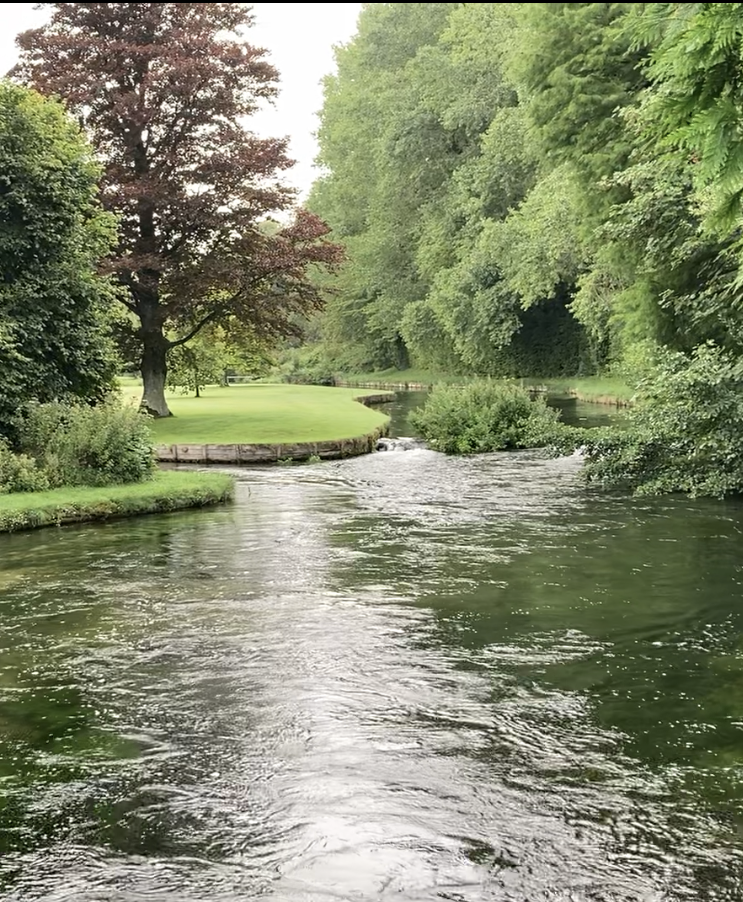
On Care For Our Common Home
“Each year sees the disappearance of thousands of plant and animal species which we will never know, which our children will never see, because they have been lost forever.” Pope Francis, Laudato Si’
Across the diocese, in schools and parishes there are a number of initiatives to help increase the levels of biodiversity to support wildlife. Several hundred hedgerow saplings have been planted, nectar rich flower beds and pots introduced to support insect life along with insect hotels for winter protection.
There are food growing projects that both increase biodiversity and provide produce to support various food initiatives including Caritas cooking and holiday clubs.
Parishes have come together to organize plants sales and seed swaps so that we can enrich our own gardens too as changes to our farming methods mean our gardens and land become evermore important areas of diversity for our wildlife.
Parish Eco-Review and Simple Guides
For ideas on what else your parish can do to become more sustainable and increase biodiversity download ourParish Eco Reviewor some of the simple guides below. You can also find more information on our parish resources page.
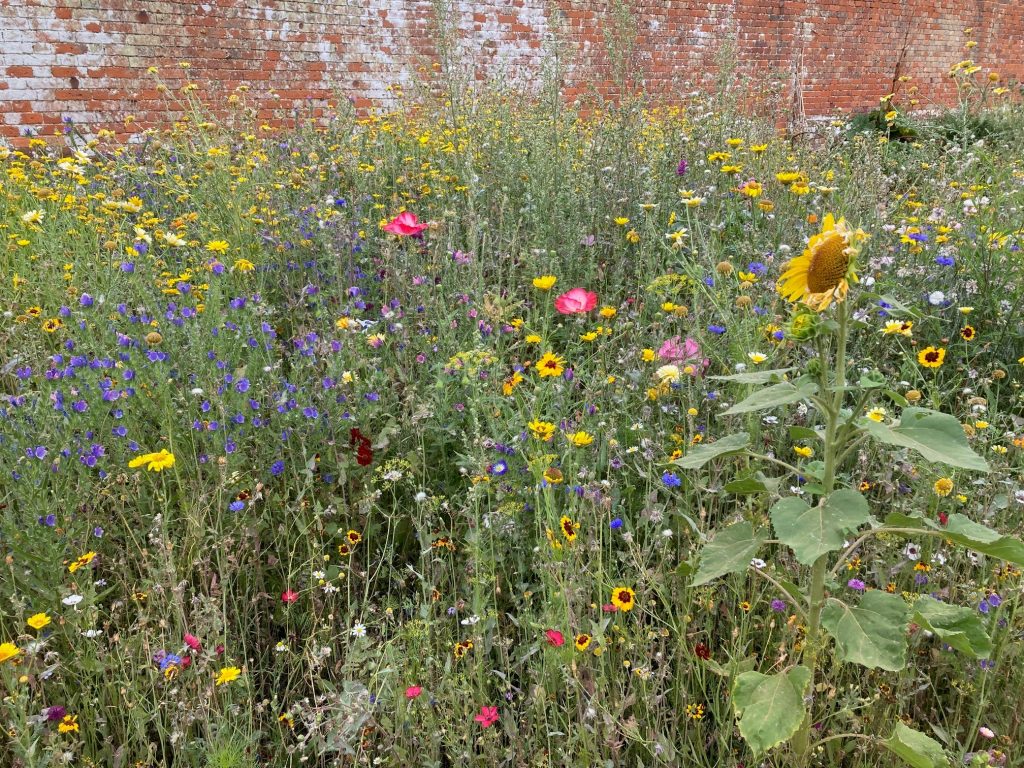
Increasing the biodiversity in your parish or garden
Increasing the range of flower types, shapes, colours and stretching the flowering seasons are great ways to increase biodiversity and support our pollinating insects. These insects are on the decline and are critical for food production. There are lots of guides on what to plant including from RHS
Follow the example of St Francis of Assisi who asked for areas of his friary gardens to be left wild ‘so that wild flowers and herbs could grow there, and those that saw them could raise their minds to God the Creator of such beauty’. Pope Francis, Laudato Si’
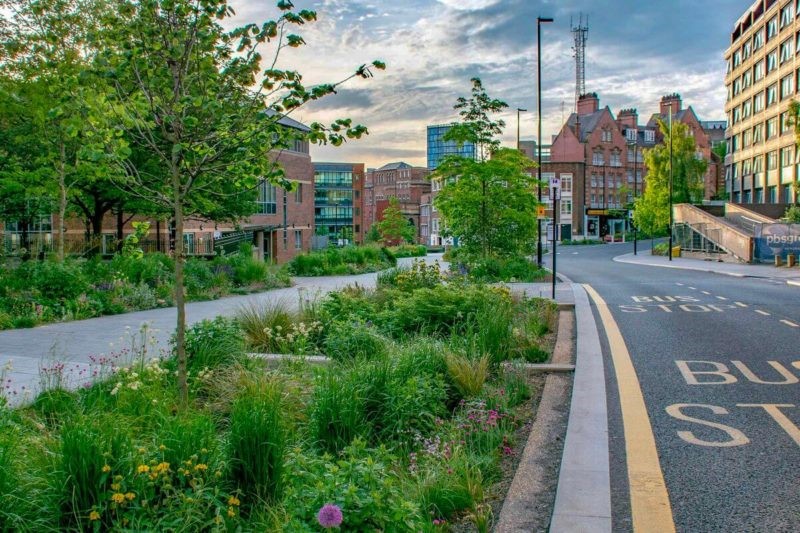
Maximising opportunities
At Caritas we work with several partners on a range of issues related to the environmental and promoting biodiversity. At a recent meeting in Portsmouth a talk by the local Friends of the Earth branch highlighted the topic of depaving and greening our streets. Depaving is the removal of unnecessary areas of paving and tarmac and replacing them with plants and green space. This can be done in all sorts of places such as driveways, churchyards, car parks or anywhere there is superfluous paving.
There are many benefits to depaving, even on a small scale. High concentrations of concrete and tarmac can exacerbate the effects of climate change, leading to higher surrounding temperatures and increased risk of flooding, by limiting heat and rain absorption. Healthy soil contains roughly 25% of all our biodiversity, including the microorganisms, fungi and bugs that support all other life. Covering up this valuable soil damages the ecosystem and has an adverse effect on our environment and climate resilience.
There are opportunities for depaving all around us. Tile popping, façade planting, rainwater gardens, creating green parking spaces, even lifting a single slab makes a difference! If you are inspired, this is useful guide to explore depaving further and learn how you can make an impact to promote biodiversity and greening: RHS Gardening Matters – Front Garden
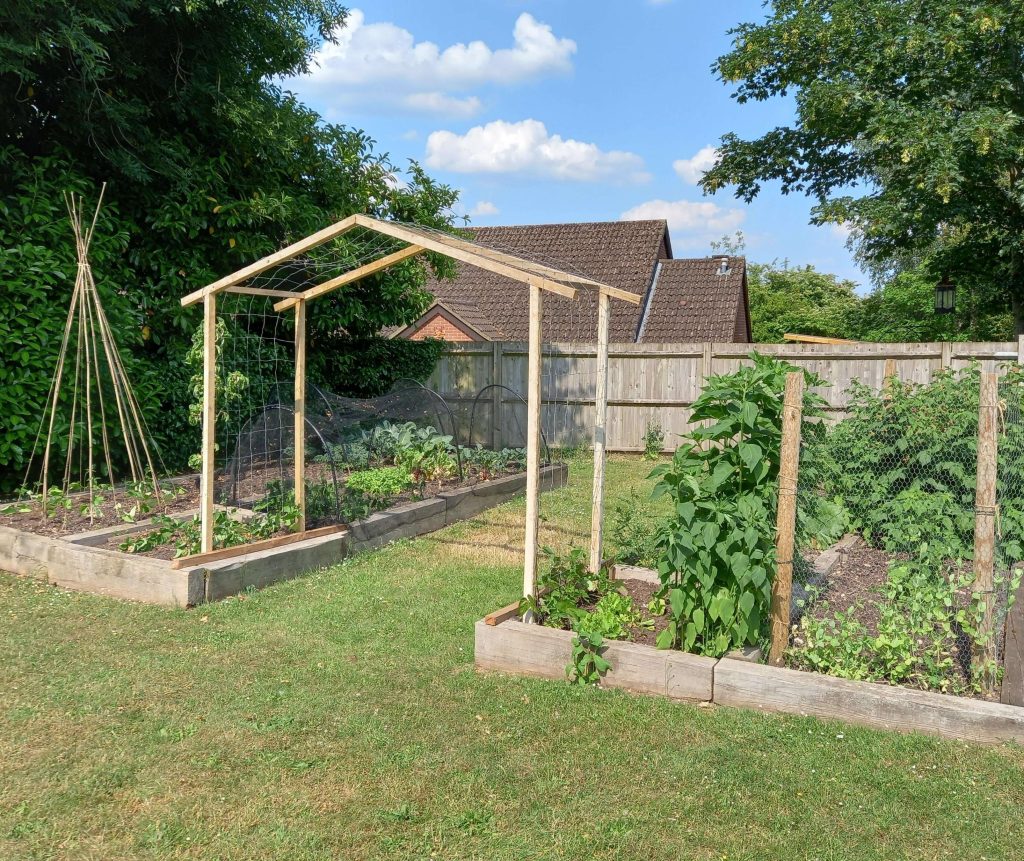
Parish Fruit and Vegetable Garden
Growing fruit and veg on parish land both increases biodiversity and can also support some of the more vulnerable people in our communities. This garden is in the parish of St John the Baptist and the produce goes straight to clients supported by the Andover foodbank on the same site. The gardening volunteers grow a variety of produce including strawberries, raspberries, beans, rhubarb, courgettes and tomatoes . It looks beautiful, is productive and gives people the chance to access fresh produce that might normally fall outside of their budget.
It is also a space for volunteers in the community to come together, form connections and friendships. A space for children to get involved and learn a little more about nature and how to look after it. It is a place of calm and nuture, supporting mental wellbeing and gives people the chance to contemplate the beauty of the earth.

Tree planting
Trees play an important role in both sequestering carbon and helping to provide resilience to climate change impacts; for example cooling, shading and flood alleviation. They also have proven benefits in tackling poor air quality by filtering out small particulates.
The Caritas team is working with diocesan schools and parishes to identify locations where native hedgerows can be planted. Our projects will help groups source free or low cost supplies, provide information and guidance on selection of suitable species, on planting techniques and after care and maintenance. The young people and their parents and carers will be able to participate in a larger project but one that has local benefits. And be able to learn about the role of native trees as habitat providers for many other species.
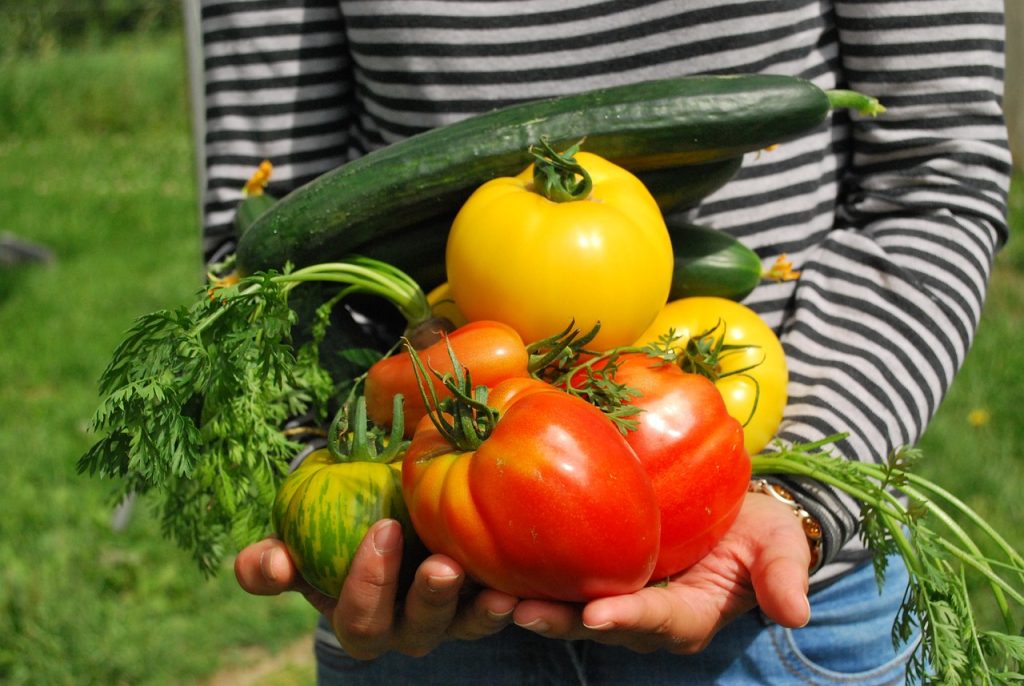
Community Gardening
In a couple of urban parishes, we are setting up gardening projects that are enabling groups to come together and access green spaces that they might not otherwise be able to. This opens up our parish spaces to support people in our communities as well as encouraging a wider diversity of plants and wildlife. If your parish has space to run a similar project, get in touch as we have some guides, risk assessments and ideas to help.
Fossil Fuel Divestment announcement 26th October 2021
On October 26th our diocese joined the Global Fossil Fuel Divestment announcement.
“This decision, which has my full support, was taken by Diocesan Trustees recently, and reflects the commitment from both clergy and laity throughout Portsmouth diocese… to play our part in the search for a more equitable use of our mother earth’s resources… to “live simply” and in solidarity with the poor.
Pope Francis spoke in his Laudato Si encyclical of St Francis of Assisi’s words:
Saint Francis of Assisi reminds us that our common home is like a sister with whom we share our life and a beautiful mother who opens her arms to embrace us. This sister now cries out to us because of the harm we have inflicted on her by our irresponsible use and abuse of the goods with which God has endowed her.
I am delighted that we today are joining with many other faith organisations to raise our voices prior to COP26 to bring attention to the urgent need for change in how we use our global resources.” Bishop Philip Egan
The global divestment announcement, which will take place as the UK prepares to host the UN climate summit (COP26) in Glasgow in November, offers an opportunity to faith organisations – at national, regional and local levels – to highlight the urgent need to divest from fossil fuel companies and invest in solutions to the climate crisis.
” I am delighted that our diocese has committed to divest from all fossil fuel investments. Care for our Common Home is a key theme for Caritas along with Care for the Poor and this is one of many steps on our journey of care.”
Gerry Penfold Chair, Caritas Portsmouth Diocese






